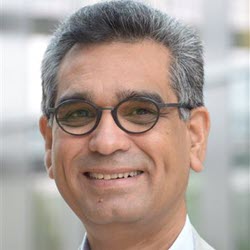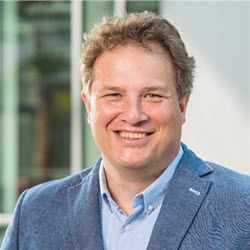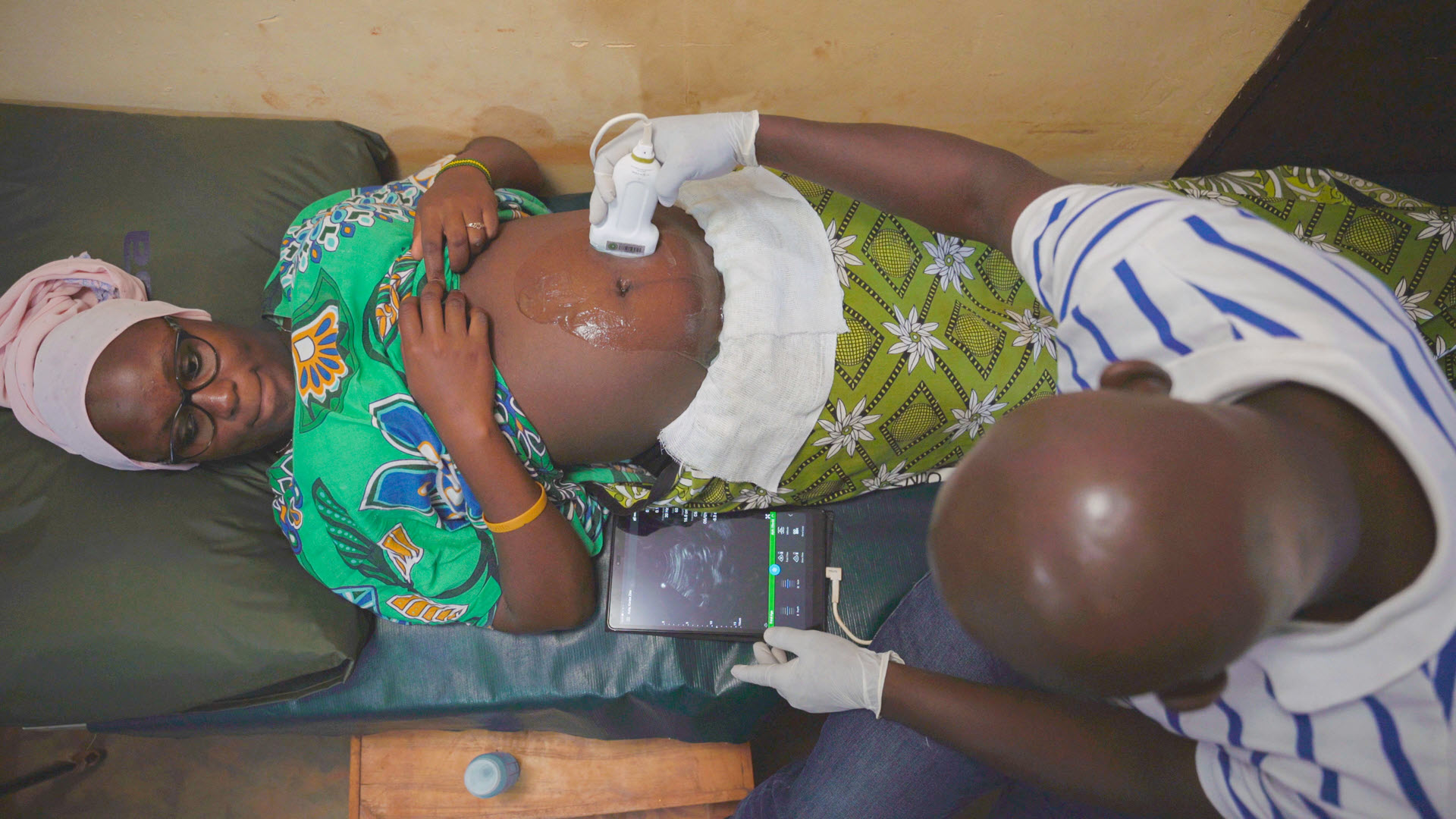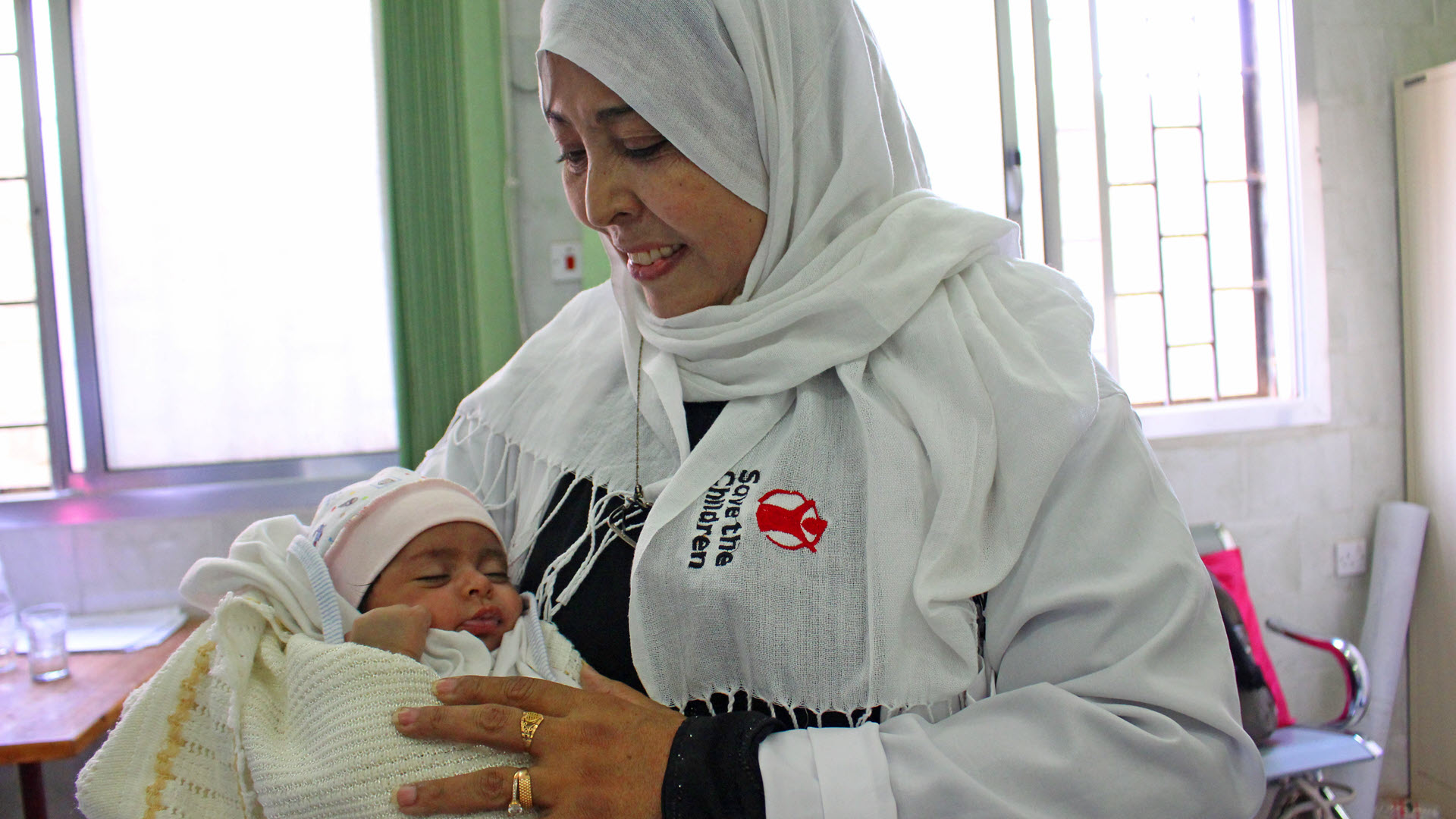Roel: “In many cases broken equipment meant there was just a wheel, catch or wire missing, the sort of thing you would have thought was easy to fix. But when we started asking questions, they’d say ‘It’s coming from Europe, it’s a government budget and it’s finished for this year. Only after that will we get new parts.’ So by getting the students to think about design for maintenance – for example, using locally available components or building things out of steel instead of high-tech aluminum – the equipment they designed could be maintained locally. And by sourcing the parts locally, you also create local employment.”
What do you think are the biggest challenges for these entrepreneurial ‘Makers’ in Kenya?
Aly: “In addition to designing and making things, I think they definitely needed to understand more about how to bring them to market. There is a lot to do before you start designing something but there is also a lot to do for the whole life cycle of your product. For example, there’s a supply chain to set up, a business model to create, and learning how to play in the market.”
Roel: “The other big challenge is that investment in medical equipment is very much tied to governance, standardization bodies and decision-makers. So I think the early involvement of investors in a way that is attractive for both the investor as well as for the potential entrepreneurs would be highly valuable. However, some of them were afraid that if they got in touch with people with money, the rich guys would run away with their idea. You need to establish good intellectual property governance and a strong investment ecosystem to overcome these fears.”
Was there a sense among the students that they were changing the system from within?
Roel: “There were quite a few of them who initially said, ‘My priority is to come up with an interesting product, bring it to market and make a living out of it.’ But then during the course they realized that they could really make a difference to people’s lives.”
Aly: “I think the students realized they could help to serve local needs, but they need an infrastructure to help them do it. They see the importance of their work and they get positive feedback from the health professionals. I think they will change things from within, albeit slowly, but their steps are definitely in the right direction.”









